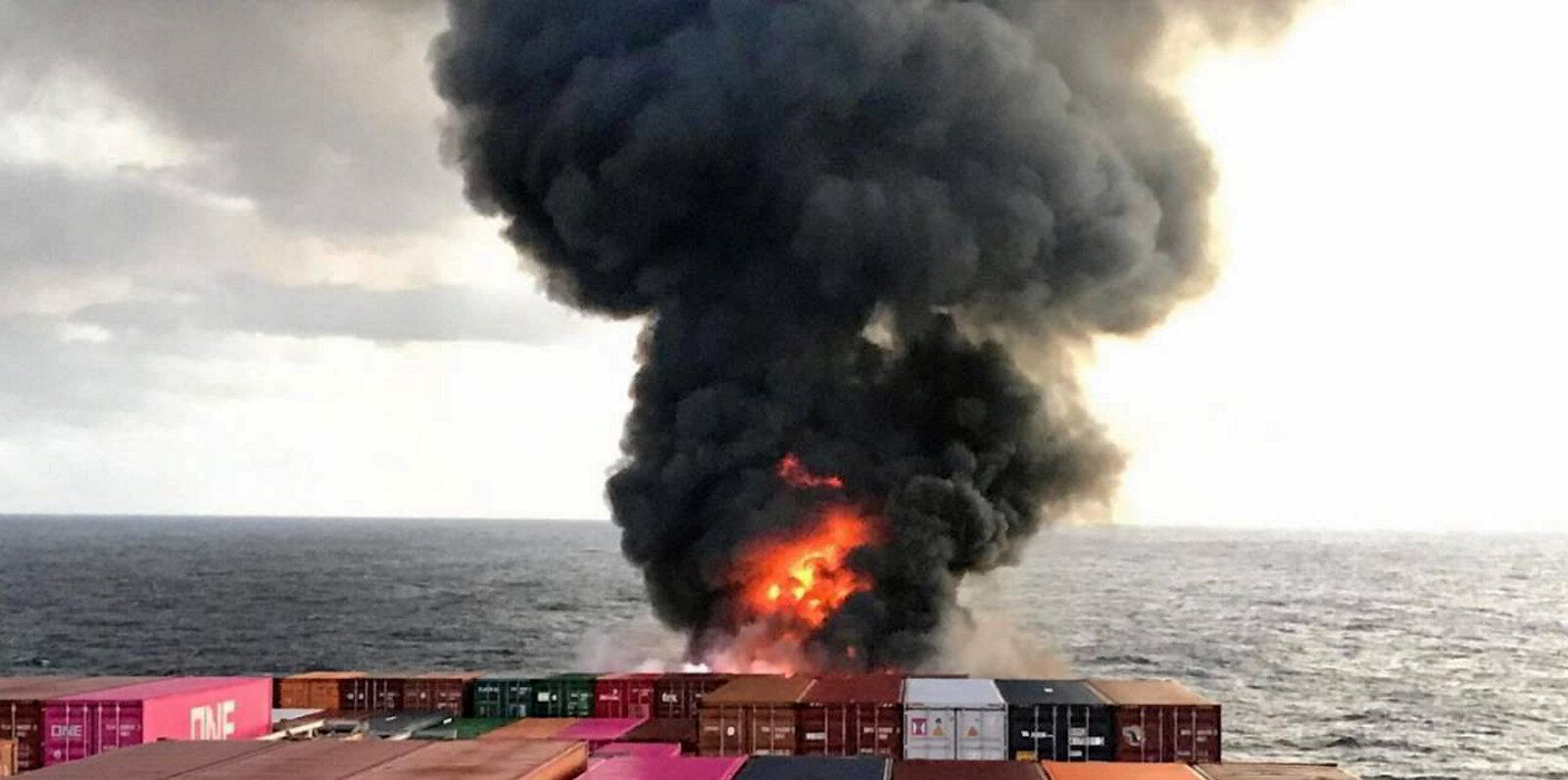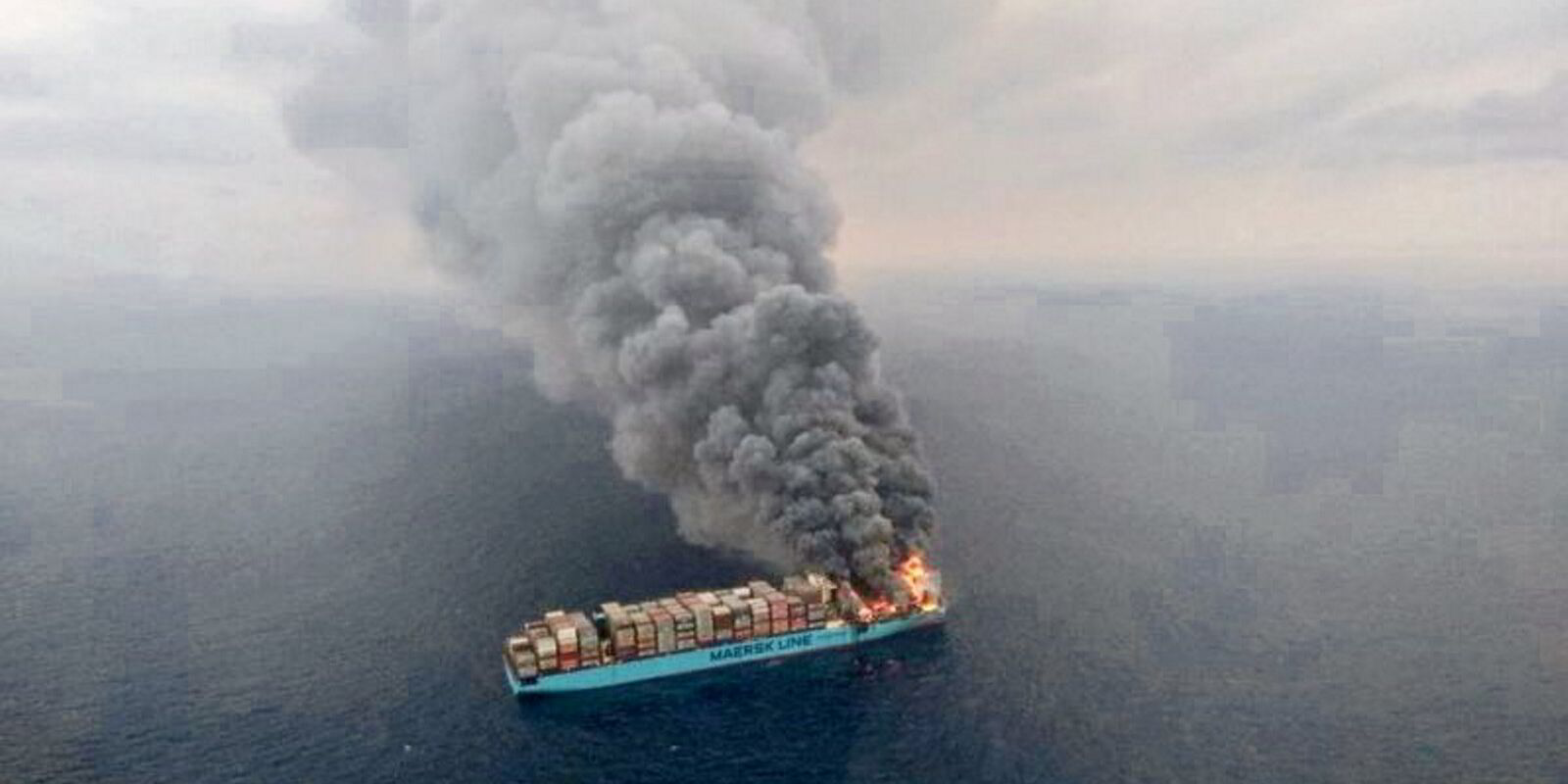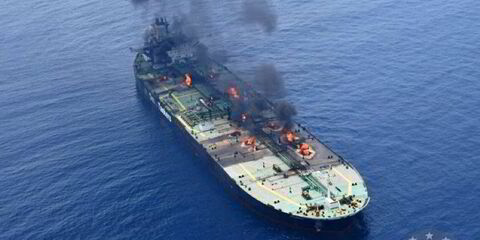At least 68 fires on container ships over eight years have been blamed on frequently misdeclared cargoes of charcoal that are stowed in areas where blazes are hard to tackle, according to a report.
Global production of lightweight charcoal used for heat, barbecues and hookah pipes is estimated at more than 50m tonnes a year.
Safety concerns have prompted a rethink of how it is shipped to international markets.
“There is significant risk that spontaneous combustion may cause a fire in a container during transport,” said the report by the Cargo Incident Notification System, an industry safety initiative.
Most of the fires recorded from January 2015 to the end of 2022 were from consignments that were not properly recorded as dangerous — a deliberate move by shippers to avoid form-filling and cost — which meant the carrier was not aware of the hazards.
Hapag-Lloyd global head of cargo service Ken Rohlmann told a conference in September that the company had uncovered cases in which shippers responded to a ban on shipments of charcoal from Indonesia by retagging cargoes as wooden garden furniture and exporting from Vietnam.
A fire on Hapag-Lloyd’s 7,150-teu Yantian Express (built 2002) in the North Atlantic in 2019 was blamed on a cargo of misdeclared charcoal. It took nearly three weeks for firefighters to extinguish the blaze, which caused extensive damage.
“It is strongly recommended that carriers implement effective cargo screening processes, together with ‘know your customer’ due diligence to ensure that the cargo being presented is appropriately classified and properly declared to enable it to be transported safely,” said the report.
Charcoal is to be reclassified and transported as dangerous goods under changes to shipping rules, in line with best practice, said the report, produced in conjunction with the TT Club and the International Group of P&I Clubs.
The cargo needs to be kept as cool as possible, with containers protected from sources of heat, including direct sunlight, according to the guidelines.
The 14-page report said stowing charcoal under deck could be considered but only if an autonomous firefighting device was placed inside the container.




